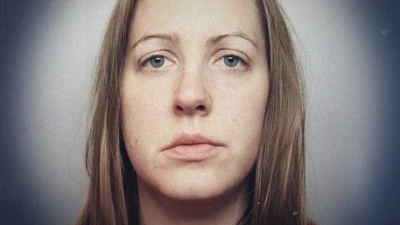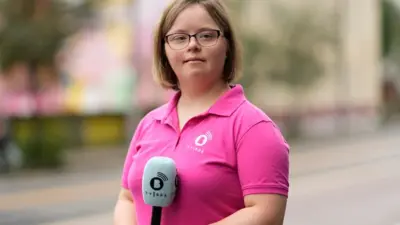We've updated our Privacy and Cookies Policy
We've made some important changes to our Privacy and Cookies Policy and we want you to know what this means for you and your data.
Coronavirus: A&E visits drop sharply as calls to 111 double
Image source, Getty Images
- Author, Philippa Roxby
- Role, Health reporter
The coronavirus crisis has led to a huge drop in the numbers of people going to accident and emergency units in England last month compared with March last year, official figures show.
At the same time, though, calls to NHS 111 rose to nearly three million, twice as many as in the same month in 2019.
Minsters say people must continue to stay at home to stop the virus.
But health experts said they should still feel able to seek treatment for serious conditions.
"Further work is needed to understand who is not coming to A&E and whether unmet needs are being stored up for the future," said Tim Gardner, senior policy fellow at think tank the Health Foundation.
There is also evidence the number of people seen in hospital in England with a suspected heart attack has halved since the start of March - from 300 per day to 150.
'There for you'
The charity British Heart Foundation has warned thousands of people may be at greater risk of long-term heart damage as a result.
"We have seen about half as many patients as we usually do coming into our heart-attack centre at Imperial, some with significant delays," said Dr Ramzi Khamis, consultant cardiologist and co-head of cardiology at Hammersmith Hospital.
"We are now becoming quite anxious about the ones we are not seeing, as well as the delays."
- A SIMPLE GUIDE: How do I protect myself?
- LOOK-UP TOOL: Check cases in your area
- MAPS AND CHARTS: Visual guide to the outbreak
- STRESS: How to look after your mental health
NHS England's national medical director, Stephen Powis, encouraged people to go to A&E "just as you always have done" if they had symptoms of a stroke or a heart attack.
Speaking at the daily Downing Street press conference on Wednesday, he said: "They are there for you and, although we are focusing on coronavirus, it's important we continue to focus on other emergency conditions."
, there was a 29% drop in numbers of people attending hospital A&E departments in hospitals in March 2020 - about 1.5 million, compared to nearly 2.2 million in March 2019.
Emergency admissions were also down, falling by 23% on last March, to nearly 428,000.
Meanwhile, calls to the - which has been the first port of call for people with worsening coronavirus symptoms - have soared.
But despite the increased number of calls, 111 advised fewer people to attend A&E than usual and sent out fewer ambulances than in March 2019.
"The NHS and social-care system is making heroic efforts to respond to the unprecedented challenge of Covid-19 and that is having a dramatic impact on how people seek care and the care that is being delivered," the Health Foundation said.
Top Stories
More to explore
Most read
Content is not available








